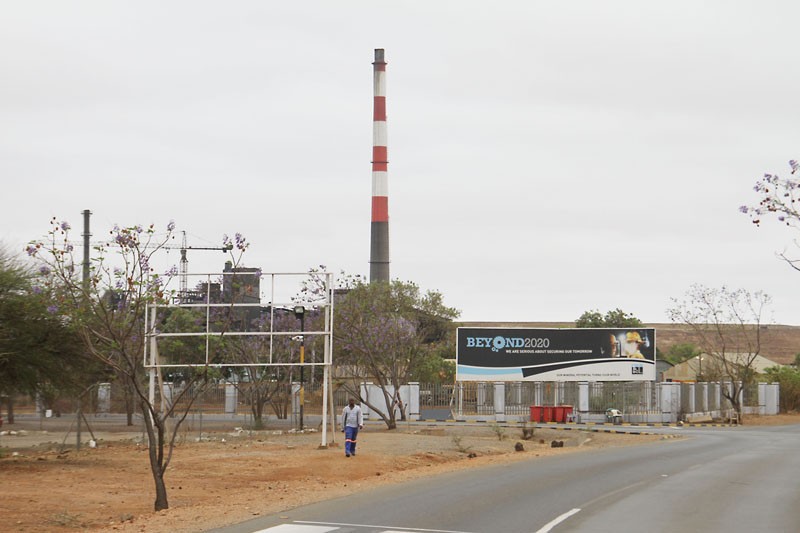Mysterious twist in BCL, Norilsk P2.7bn battle
Mpho Mokwape | Friday January 11, 2019 13:53


The October 2014 deal involved BCL purchasing Norilsk’s assets which included a 50% stake in Mpumalanga mine, Nkomati Nickel, as well as Tati Nickel Mine near Francistown. Payment was due to be made once several regulatory conditions were concluded, the last of which was the transfer of Nkomati mining rights to BCL, by South African mining authorities.
BCL closed down before the deal was finalised and the parties have locked horns in Johannesburg and Gaborone courts over payment of the deal. An attempt by the Russians to move the battle to London, was rejected earlier this year by the Gaborone High Court.
On Christmas Day, the Russian giant announced it was terminating its deal with BCL Mine, effectively abandoning a three-year effort to enforce the provisions of the contract, which include the P2.7 billion payment.
Norilsk Nickel said it would now pursue damages against BCL instead, for the losses incurred due to the failure of the deal. “We will continue to pursue our claims against the BCL group and the Botswana government to recover the significant loss we have suffered as a result of their unlawful breaches,” Norilsk Nickel Africa CEO, Michael Marriot said in a statement.
The decision throws into limbo cases in Gaborone and Johannesburg that both parties had filed either pursuing or rejecting enforcement of the contract. South African mines minister, Gwede Mantashe had also stepped into the fray, asking both parties to halt their Johannesburg case, while he investigated the approvals granted in the deal.
Yesterday, local authorities close to the deal said the Russian U-turn was being treated with high suspicion.
“From the start, they were informed that the correct process would have been to terminate the deal and seek damages, but they preferred instead to spend three years and a lot of funds pursuing performance of a deal flawed from the outset,” said one official.
“They will have to amend certain applications already before the courts to reflect that they have since terminated the contract, but it will be interesting to know the strategy being followed here.
“BCL and government’s position has always been that the contract never existed because it was not fulfilled.”
A legal expert close to the matter told Mmegi there were a few possibilities behind Norilsk’s latest move.
“They have possibly found a new buyer for those assets and have to terminate the BCL deal as part of the conditions for the new deal. “It is also possible that with Norilsk’s year end in December 31, the board there felt the matter had run for too long and cost too much without a favourable result or even developments.
“This matter was always about face-saving for Norilsk; it has never been about breaking the bank. “Ultimately, they were surprised that a small country like Botswana would have experts who would successfully query a transaction and not bend to the campaign launched against the country in the media.” Government nearly paid Norilsk P522 million in January 2017 as a settlement of the P2.7 billion deal, before BCL liquidators raised questions about the legality of the 2014 contract.
The proposed settlement funds are still sitting in the accounts of the Minerals Development Company Botswana. For his part, Marriot said the sale of the African assets would be restarted. He however said the cases for damages and another for reckless trading against government would continue being pursued. In the latter case, Norilsk argues that government is responsible for BCL’s liabilities and placed the business in liquidation to avoid claims such as the P2.7 billion claim.
On January 25, Norilsk takes the first step in its damages claim with a Court of Appeal against a High Court decision that stopped the Russian company from seeking arbitration at the London Court of International Arbitration (LCIA). Last year, High Court judge, Godfrey Radijeng ruled against granting Norilsk leave to approach the LCIA, noting that the Russian firm had previously begun arbitration without seeking the court’s leave. The reckless trading case is yet to be allocated a judge since being filed in October 2017.
